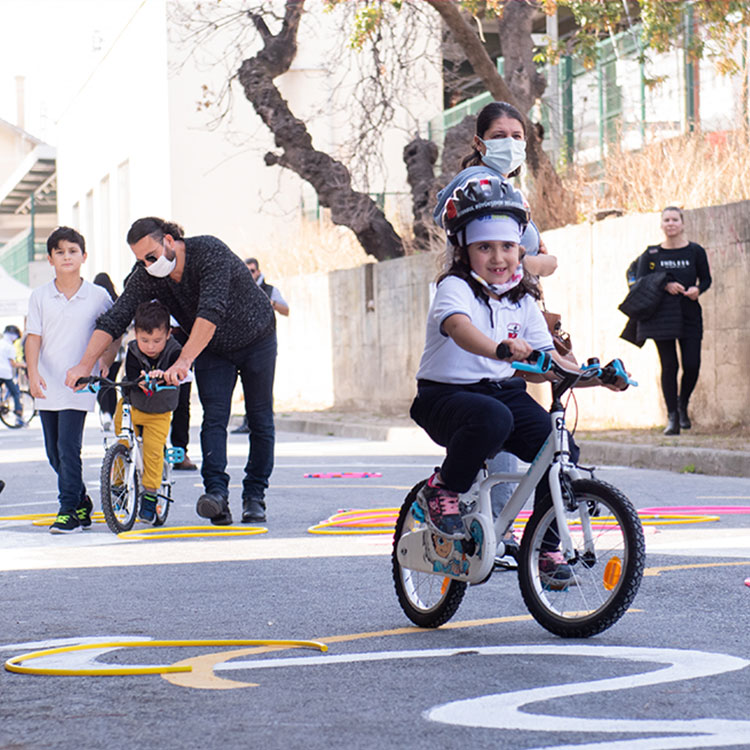Context
Boa Vista, with a population of around 375,000 in 2018, has an attractive city centre but many poorer neighbourhoods which draw low-income migrants from the surrounding countryside. The mobility of caregivers with young children is challenged by torrential rains in winter and high heat in summer. Before the Urban95 programme existed, Mayor Teresa Surita had set out to make Boa Vista the “Capital of Early Childhood”. She passed municipal laws enshrining early childhood development as part of the city’s mission, and in 2013 instituted a programme called Família que Acolhe (Welcoming Family), providing services such as health checks, parenting classes and day-care.
Key actions
- Adapting an existing committee to oversee the work. The city partnered on Urban95 with Bola de Meia, a nonprofit in São José dos Campos focused on culture and play. The existing Família que Acolhe executive committee was adapted to oversee Urban95, which eased the challenge of getting various government departments to cooperate. Already including the secretaries of social development, health, communications, education and culture, special projects, and economy, planning and finance, it was expanded to add the secretary of public works.
• Consolidating data. The project set about improving the data available to Família que Acolhe to identify eligible expectant mothers and families. With help from consultants, the city worked to bring together information that was scattered across separate databases in multiple departments.
• Mapping neighbourhoods for “children’s priority zones”. Urban95 planned “children’s priority zones” in two very different parts of the city: Pintolândia, a central area where Família que Acolhe is headquartered, and Nova Cidade, one of the poorest and most distant neighbourhoods. A hundred university students were trained to map the areas, identifying details such as walking routes to children’s services, sub-standard sidewalks, houses that were not formally on city records, and the locations of vacant lots to convert into “pocket parks”.
• A study tour. Municipal leaders saw examples of Urban95-style projects in Copenhagen.
Results
- • By the end of the two-year grant period in October 2019, the data dashboard was up and running – although more needed to be done to streamline alerts. Família que Acolhe had begun to decentralise, offering services in more locations across the city.
• About 60 percent of planned interventions in Nova Cidade had been implemented, including interactive features such as hopscotch courts on sidewalks, but the work was delayed by the need to construct a storm drain. Work in Pintolândia was put on hold as the city struggled to cope with a wave of refugees from Venezuela. The planned “pocket parks” were also put on hold due to concerns that the construction – intended to be easily executed – would deteriorate too quickly, disillusioning residents. Alternatives that would make use of higher-quality materials are being explored.
• The government improved bus stops across the city, installing roofs to provide shade and shelter from rain, and murals to offer learning opportunities. The placement of bus stops was revisited, taking into account the location of public services for children aged 0-6.
• In July 2019, the Bernard van Leer Foundation approved a US$1.05-million second-phase grant, to run until 2021.
Looking ahead
- • There are questions around sustainability after Surita leaves her post as Mayor: though she has tried to embed the Urban95 ethos in the municipality and public awareness, there needs to be a commitment to the maintenance of projects not only from the city government, but also from the local residents who use them. The city still needs to develop monitoring and evaluation procedures that could clearly demonstrate the value of Urban95 activities.
• The Venezuelan refugee crisis is continuing, with ongoing dramatic increases in the city’s population putting strain on public services that will require more support from higher levels of government.

